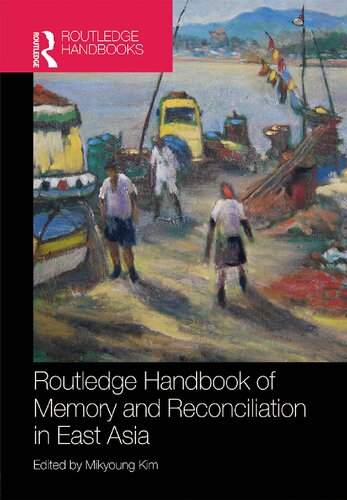

Most ebook files are in PDF format, so you can easily read them using various software such as Foxit Reader or directly on the Google Chrome browser.
Some ebook files are released by publishers in other formats such as .awz, .mobi, .epub, .fb2, etc. You may need to install specific software to read these formats on mobile/PC, such as Calibre.
Please read the tutorial at this link. https://ebooknice.com/page/post?id=faq
We offer FREE conversion to the popular formats you request; however, this may take some time. Therefore, right after payment, please email us, and we will try to provide the service as quickly as possible.
For some exceptional file formats or broken links (if any), please refrain from opening any disputes. Instead, email us first, and we will try to assist within a maximum of 6 hours.
EbookNice Team

Status:
Available4.7
12 reviewsDecades after the end of the World War II East Asia continues to struggle with lingering animosities and unresolved historical grievances in domestic, bilateral and regional memory landscapes. China, Japan and the Korea share a history of inter- and intra-violence, self-other identity construction and diametrically opposed interpretations of the past.
Routledge Handbook of Memory and Reconciliation in East Asia offers a complete overview of the challenges of national memory and ideological rivalry for reconciliation in the East Asian region. Chapters provide authoritative analyses of contentious issues such as comfort women, the Nanjing massacre, history textbook controversies, shared heritage sites, colonial rule, territorial disputes and restitution. By interweaving memory, human rights and reconciliation the contributors actively explore real prospects of redressing past wrongs and achieving peaceful coexistence at personal as well as governmental levels.
Bringing together an international team of experts, this book is an essential read for students and scholars of East Asian studies, anthropology, gender studies, history, international relations, law, political science, and sociology, and for those interested in memory and reconciliation issues.